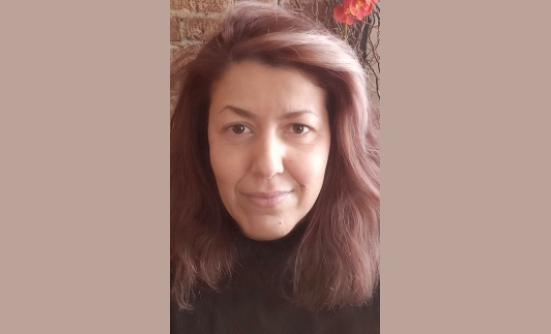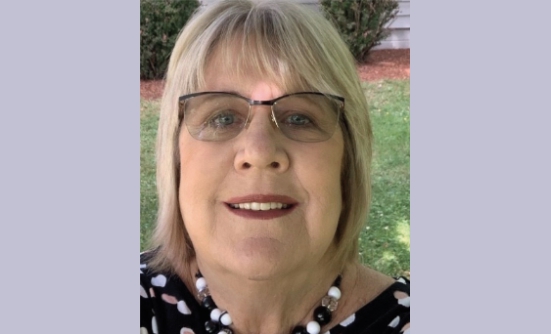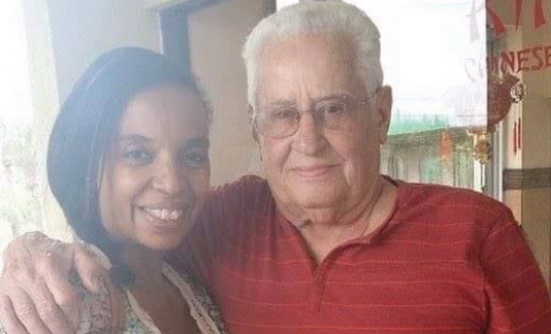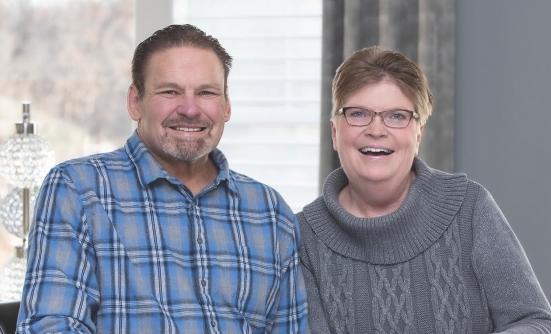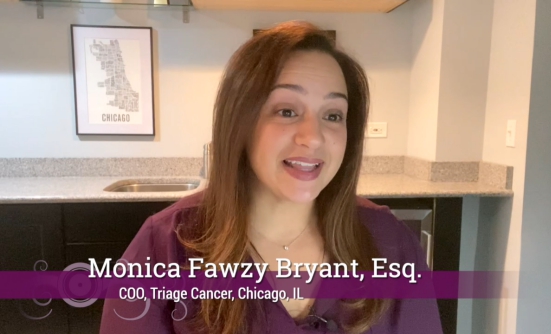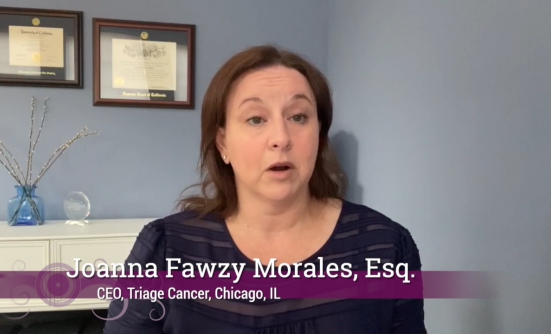John Doe (name changed) took time away from his job for what he believed was a much more important task, that of caring for his elderly parent who had cancer. He couldn’t imagine not giving his mother his full assistance, but he realized that he, too, needed support.
This leads to the question: When friends or family members wish to offer help and support—who looks out for them? After all, caring for someone who has cancer can be difficult, physically and emotionally. When a person decides to become a caregiver for a loved one, his or her duty to care for the other person, and the extent of the duty will depend on the specific situation in each case.
Caregiving duties can vary dramatically from person to person, but some elements are the same. Common caregiving duties may include helping with personal care, preparing meals, making sure the patient is taking the medication as prescribed, helping the patient move around the home, setting up medical appointments, and transporting the loved one to medical appointments and treatment.
Simply put, as a caregiver you have the duty to assist the patient according to the patient’s needs. That is, you have no obligation to become someone’s caregiver, but once you begin to act as a caregiver, you have a duty to do so responsibly. Several laws are available that protect caregivers when they are acting as a caregiver. Learning your rights, and how to enforce them, can help protect yourself in the present and prevent legal problems in the future.
Below are 5 legal tips that provide important information for caregivers in the United States.
5 Legal Tips for Caregivers
1. Avoiding Discrimination at the Workplace
Some laws provide protections at the workplace for caregivers under certain circumstances. The Americans with Disabilities Act (ADA) prohibits private employers who have 15 or more employees from excluding or denying equal jobs or benefits to an employee because of the individual’s relationship or association with a person who has a disability, including cancer.
Caregivers should, therefore, not be treated in a different way or have their employment terminated by an employer based on the knowledge that the caregiver has an “association with” a person with a disability. The legal definition of a disability includes cancer, or the effects of cancer, and is determined on a case-by-case basis.
Although the ADA protects caregivers against job discrimination related to their association with a person with cancer, caregivers are not entitled to reasonable job-related accommodations, such as a reduction of work hours or modification of the workplace. This is different from the protections that the ADA may give to a person with a disability, who would be eligible for such accommodations.
2. You May Be Eligible for Unpaid Family Leave
The Family and Medical Leave Act (FMLA) provides eligible caregivers with the right to take up to 12 weeks of unpaid leave from work for the purpose of taking care of a parent, a spouse, or a child with a serious medical condition (such as a cancer diagnosis). The leave can be taken all at once or in shorter blocks of days, or even a few hours, within a 12-month period.
For employees to be able to qualify for this family leave under the FMLA, employers must have at least 50 employees located within a 75-mile radius of where the employee reports to work. To qualify for such a leave, an employee must have worked at that employer for at least 1,250 hours in the past 12 months, and must have worked for the employer for a total of at least 12 months in the past 7 years. In addition, the law often requires a healthcare professional to provide medical certification stating that that certain person does indeed need the caregiver’s services.
3. You May Be Eligible for Paid Family Leave
Paid family leave, which provides some income replacement, is only available in certain states. The states that do have this program provide partial wage replacement during a leave for a limited period, while a covered family member is off work to provide caregiving services for a family member.
Thus, it is important to check with your local government agency to find out whether this provision is an option in your state. Paid family leave programs are usually run through the state’s short-term disability insurance program. As of September 2019, the 5 states that offer paid family leave are California, New Jersey, New York, Rhode Island, and Washington (effective January 2020). These may provide protection for caregivers.
4. You Can Get Help as a Caregiver
State programs or respite care can help provide caregiving services for your loved one or to assist in your role as a caregiver. Caregiving can be challenging, and different resources are available that caregivers can turn to when they need help or time off. One example is respite care services.
Respite care services allow caregivers to take time off from their role as a caregiver while someone else cares for the person with cancer. Respite care services can be arranged according to the caregiver’s specific needs. For example, the caregiver may arrange for an afternoon off or for several weeks off through respite care services.
The services vary in the way they are provided: the caregiver can arrange for the respite care services to be performed in the patient’s home, or in a hospital if the person with cancer is transferred to a hospital. However, respite care is not free, and people, including caregivers, usually pay for this service out of pocket. In some cases, a patient covered by Medicare—especially in the hospice care context—Medicaid, and some long-term care insurance plans may receive coverage for the costs associated with respite care.
Many state or local health departments also have licensed homecare agencies. These licensed homecare agencies provide services that can include visits by nurses or by social workers, delivery of medicine, and help with daily tasks. People can pay privately or through
private insurance, if available. These agencies may also provide services to patients who are covered by Medicare and/or Medicaid.
5. Know Your Rights to Access the Patient’s Medical Records
Written permission is needed for a caregiver (who is not a parent or a guardian) to access the patient’s medical records. The Health Insurance Portability and Accountability Act (HIPAA) enables individuals to decide how their health information and medical records may be used, and who can access them. The HIPAA Privacy Rule gives individuals rights over their protected health information and sets rules and limits on who can look at, and receive, the information.
The Cancer Legal Resource Center provides free education and resources on cancer-related legal questions to cancer survivors, caregivers, and healthcare professionals.
Disclaimer: Through this article, the author is not engaged in rendering any legal or professional services by its publication or distribution. It is not intended to be legal advice or establish an attorney-client relationship.









